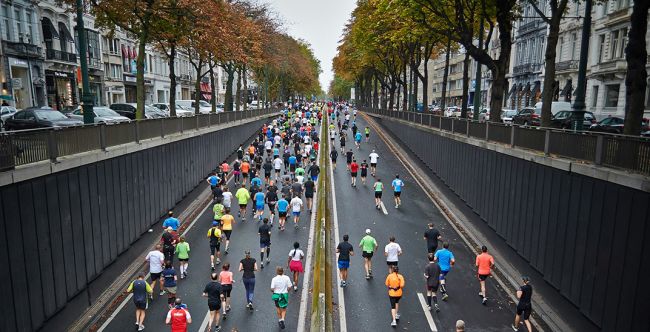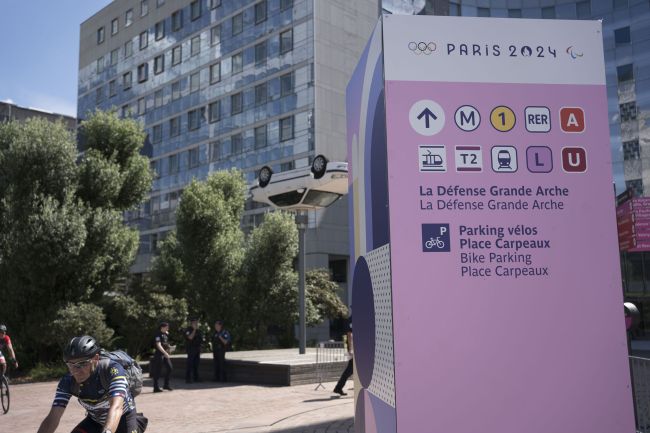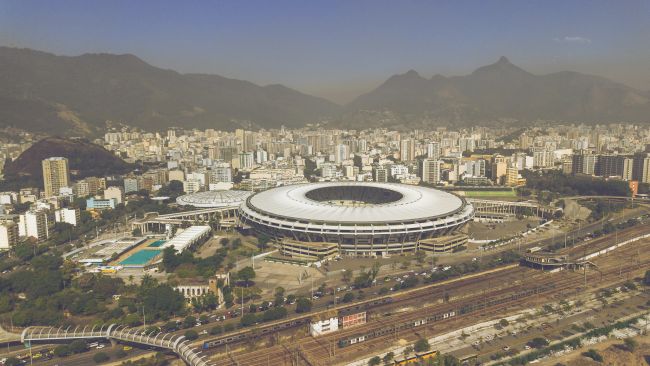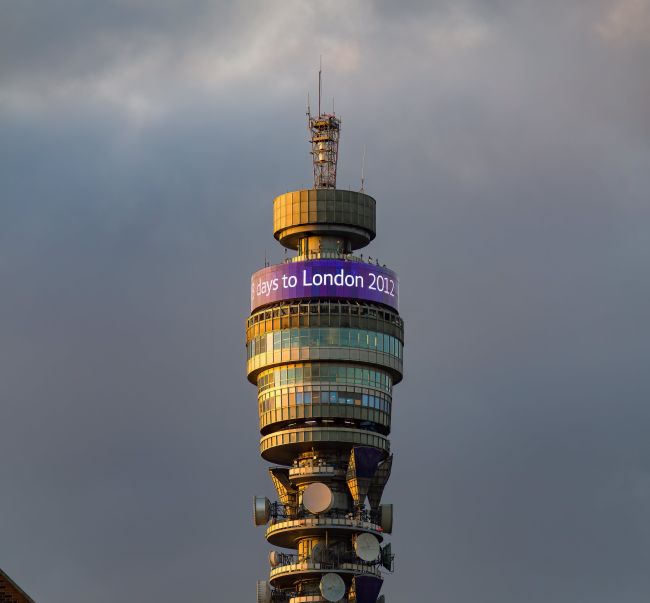Planning major sporting events: a complex business
The planning and delivery of stadia and major events is a complex business.
The planning and delivery of stadia and major events is a complex business. Typically there will be multiple stakeholders with sometimes differing objectives:
- The club — wanting to build a quality stadium, which is cost effective and will enable a return on their investment;
- The local authority — requiring a safe environment with minimal impact on the surrounding area, roads and transport infrastructure;
- The fans — desiring a safe and enjoyable environment that their club “deserves”;
- The organising committee — responsible to ensure the overall success of a major sporting event; and
- The project team — needing to streamline the process to ensure the project is delivered on time and on budget and that it meets the requirements of all the above parties.
Typically there is not a simple, single route to attend to the needs of all these different stakeholders. For over 20 years Steer Davies Gleave has been providing independent specialist advice to all of the different players. We are very proud to be able to say that we have worked on over 30 different stadia projects around the globe, ranging from world renowned stadia such as Wembley, Emirates, Soccer City, London 2012 Olympic Stadia and the Maracanã, to stadiums and arenas for local football and sporting clubs. The holistic knowledge that our team has gained over this time can significantly help to ensure a smooth overall planning and delivery process.
During the preparations for the 2014 FIFA World Cup in Brazil, our team advised on the design of nine of the twelve stadium venues. Working with a variety of clients, including the local organising committees, the architectural designers, the construction companies and the football clubs, we provided a range of services relating to spectator and vehicle movement.
One key role we played was to provide expert advice, based on local and international standards and best practice, to ensure safe and secure conditions for the circulation of spectators within the venues. Focusing on the operational aspects of the designs we also worked closely with a number of the project teams to ensure that the building design provided the necessary space for all relevant vehicle types to access appropriate areas, such as those for the emergency services, team coaches, delivery and refuse collection and maintenance.
In the final year before the World Cup we also worked closely with the São Paulo Organising Committee and the local transport operators, providing event operational planning advice to ensure that the key arrival and departure stations were able to operate in the most efficient way for both the event spectators, as well as the regular passengers who needed to carry on with their everyday lives.











